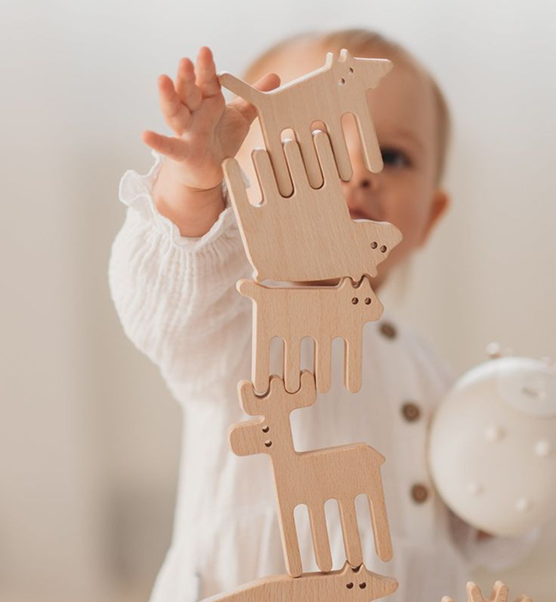Last week NPR did a story on microplastics which left many people panicked (if you didn’t see it, maybe just skip this!). The story reported on new research on microplastics in baby bottles. The gist of it is that baby bottles release a lot of microplastic particles (literally, what they sound like: tiny plastic particles). This is especially true when heated, so if you prepare your formula with hot water (which you’re supposed to do to kill pathogens, although this also may be overkill) even more microparticles come out.
The NPR article is quite balanced and not alarmist, but it does contains statements like: The study suggests that bottle-fed infants around the world may be consuming more than 1.5 million particles of microplastics per day on average. Many parents may find this concerning. It seems like a lot of particles!
However: it is totally unclear what this means. Humans consume a lot of microplastics. They are in a lot of our food (notably fish) and in many of our containers. We use a lot of plastic stuff, period. We poop out a lot of microplastic, which is one of the ways we know we consume it. Microplastics are bad for marine life and, generally, our use of plastic is extremely detrimental to the environment. BUT from the narrow standpoint of human health, the risks are really unclear.
We see some evidence of microplastic accumulation in mice and fish, although the clinical significance is unclear, as is the translation to people. I thought this article stated it nicely when they argued, basically, that there is too much speculative fear.
Another way to say this. With COVID-19, the upcoming election, and whatever other stuff you are dealing with, maybe just let this one go.
Community Guidelines




















